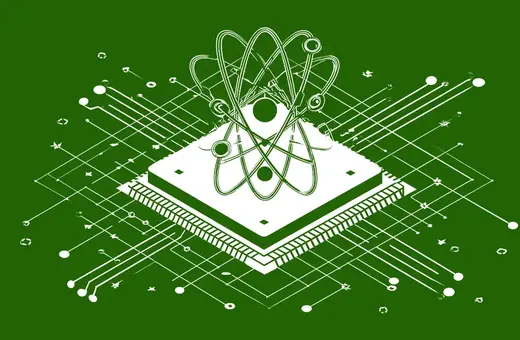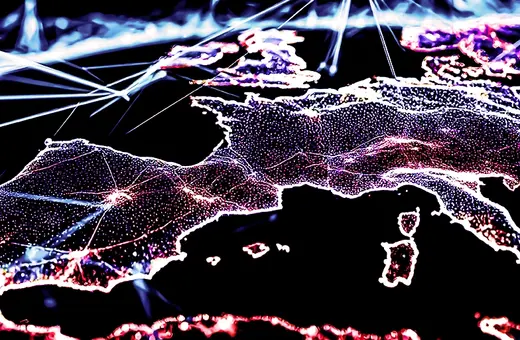In the quest for a sustainable energy transition, the debate is split between two main camps: technical innovation and behavioural change. What the both miss, argues Franco Ruzzenenti, is that increased efficiency can paradoxically lead to higher energy consumption. In this piece, Ruzzenenti puts forward a manifesto for the energy transition, arguing that efficiency is not the saviour we once thought.
In the quest to the energy transition there are two main parties who have monopolized the debate over the means and strategies to be pursued. One party believe the issue is mainly, if not solely, technological, a mere substitution process at the top of the pipeline (fossil free energy sources), or addition process at the bottom (carbon sequestration or compensation). Andrew Lo, MIT Sloan finance professor, argued that the word energy transition is misleading and we should use instead that of energy addition, hinting not only to the new, foreseeable technologies to be added (in his case, either fission or fusion power) to the incumbent ones, but also appealing to unconscious desire of portraying the transition as an expanding frontier rather than a contracting. The other party, on the contrary, consider the transition as mainly a behavioral revolution or, to use a much more fashionable and flamboyant wording, an emergent behavior.
___
The common wisdom is that efficiency reduces the cost of energy use and thus, the demand will increase, offsetting partially or totally, the expected savings. Is it that simple? No. The problem is much more complex and nuanced.
___
This is not to say that this part ignores the fact the “the transition will entail a radical transformation of the panoply of technologies involved in production”, but maintains that a mere substitution of sources is not enough, if not unsustainable. Their favourite motto is “we must consume less” because renewable energy won’t sustain the current level of consumption. On this latter point, both parties agree and this is why, typically, both advocate for more energy efficiency, though one looks more to (the reduction of) denominator and the other to (the increase of) the numerator. Those who believe in frugality see in efficiency a precursor to sufficiency and those who cherish affluency and growth see in efficiency a solution to the conundrum of dwindling resources (or soaring environmental impact and climate forcing). But, with the words of Stanley Jevons, it is a wholly confusion of ideas to suppose that the economical use of fuel is equivalent to a diminished consumption.
 SUGGESTED READING
Jevons' Paradox undermines green innovation
By Jaume Freire González
SUGGESTED READING
Jevons' Paradox undermines green innovation
By Jaume Freire González
The debate on whether efficiency does reduce energy consumption or not is not new, as the famous quote of Jevons proves and has surfaced periodically, like a Loch Ness monster. Nevertheless, today, few still argue that the Jevons’ paradox (or Rebound Effect) does not exist. Evidence of Jevon’s paradox is overwhelming, and its detrimental effects are increasingly studied, taught and acknowledged in official documents. The common wisdom is that efficiency reduces the cost of energy use and thus, the demand will increase, offsetting partially or totally, the expected savings. Is it that simple? No. The problem is much more complex and nuanced. Demand could increase for other energy applications because of the savings or because of new cost structures of services, goods or factors. Beyond that, a new, higher energy efficient process can have long term structural effects in the system and create new demand for new goods, new services or change the (spatial) relationship among the existing ones (systemic effects or, as some says, frontiers effect).





















Join the conversation